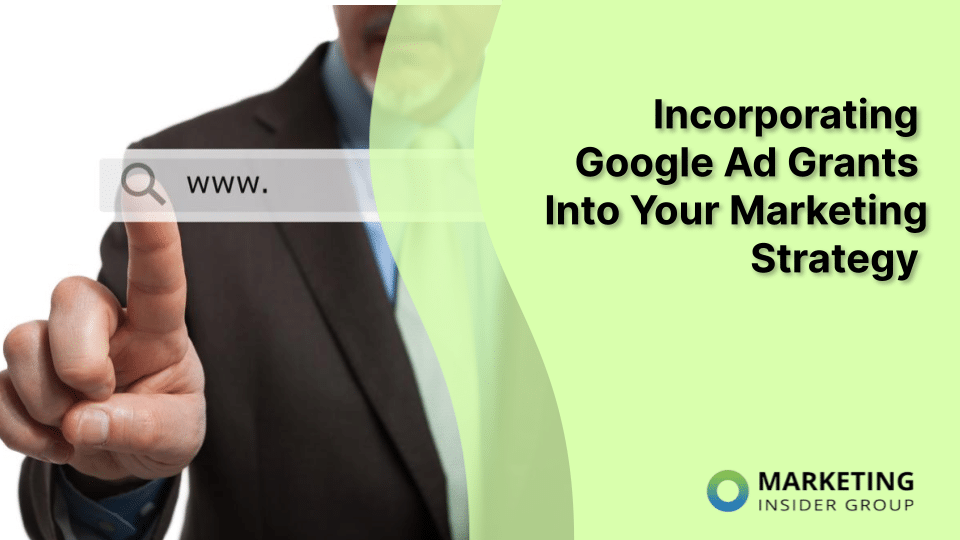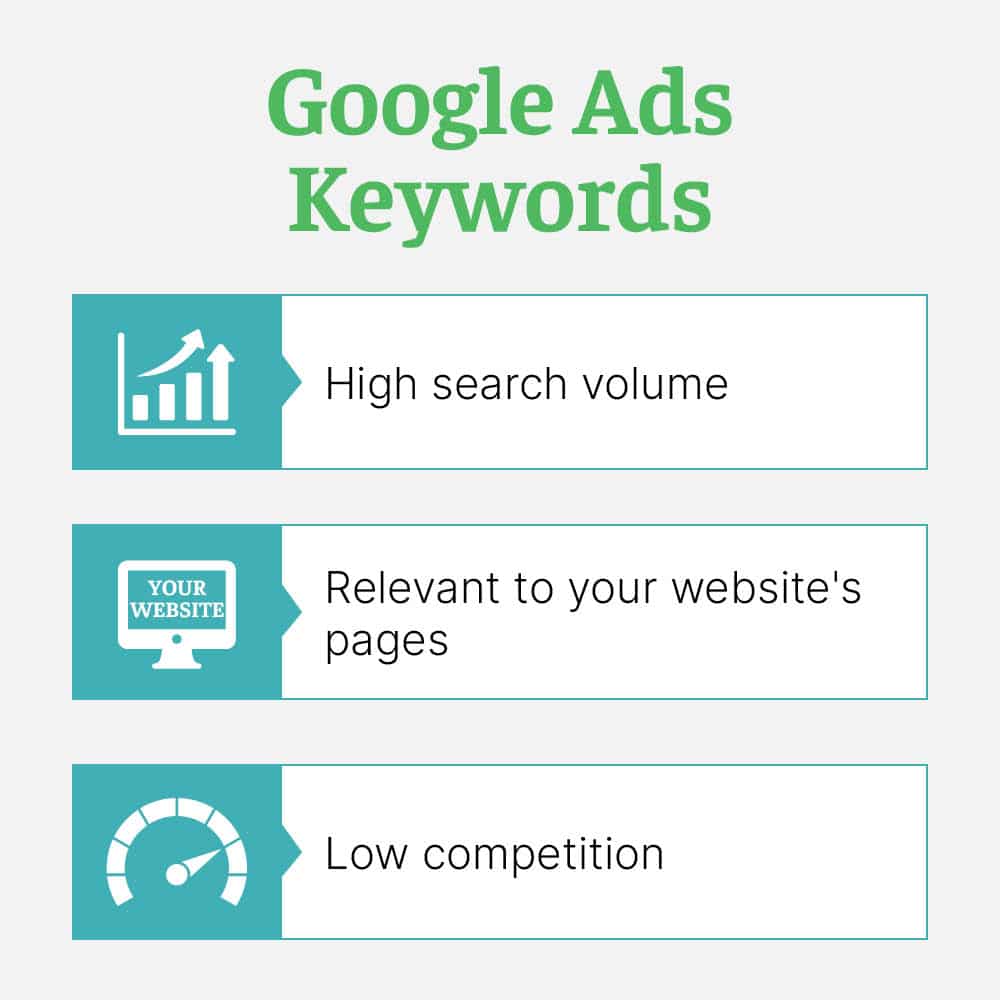
If your nonprofit is ready to start advertising online, you’ll first need the resources to power your marketing strategy. One such resource is Google’s Ad Grant program, which offers eligible nonprofits $10,000 monthly in ad credits to promote their websites via Google Ads.
But your nonprofit will have to go above and beyond its existing marketing strategy to make the most of Google’s grant. In fact, there are many steps to managing the grant and ensuring the ads you create perform well. That’s why we’ve created this guide! We’ll explore three ways your nonprofit can incorporate Google Ad Grants into its marketing strategy:
- Optimize your website
- Conduct keyword research
- Outsource grant management
The Google Ad Grant can be an effective way to boost your online presence, but your nonprofit must have a clear plan for incorporating it into your marketing strategy in order to yield optimal results. With that in mind, let’s begin.
Optimize your website
Think of your nonprofit’s website as a house. Your mission and vision statements, information about your projects, and other foundational facts about your organization live here. When someone wants to engage with your organization, you invite them to your website to learn more and get involved.
However, you won’t be able to engage site visitors, accept donations, and effectively disseminate information to supporters if your website isn’t well-built or established. Also, Google requires that nonprofits applying for the grant have optimized websites to ensure the grant is being used to promote valuable content. To get your website in order, use the following tips:
- Develop enough content: According to Getting Attention, comprehensive pages can help align your content with your ad campaigns. That way, your ads will lead to relevant content that matches users’ search intents, making visitors more likely to stay on your page, explore the rest of your website, and take action, such as by making a donation. As an added bonus, thoroughly researched and valuable content will boost your website’s organic search engine rankings, making your content easy to find even without your ad campaign.
- Improve page speeds: Users will lose interest in a page that takes too long to load, especially if they see another result on the search engine results page (SERP) that might have what they’re looking for. Ensure your page loads quickly to make it easy for visitors to access the information they want. Also, be mindful of mobile-friendliness for those who visit your website from their mobile devices.
- Use calls to action: The point of marketing your website is to get people to visit it, but once they’re on your site, you have a prime opportunity to encourage them to take action! Whether you urge them to sign up for your weekly newsletter, commit to a volunteer event, or donate, you can easily convert site visitors into loyal supporters through effective calls to action.
Google’s team will review your website before approving your application for the grant, so optimization is not just important for boosting your search rankings, but also for securing and maintaining compliance.
Conduct keyword research
Keywords are the terms and phrases that searchers will input into Google, and your nonprofit’s goal is to target the right keywords with your ad campaigns so that your website shows up first on the SERP.
To do this, determine the audience you’re trying to reach and what keywords they’re likely to search for on Google. Prospective supporters may be searching cause-related keywords, which can help them find your website if you promote it the right way! The keywords you choose should have:

- A high search volume: Search volume refers to the number of times a certain keyword is searched for (on average) in a month. The higher the search volume, the more people your content will reach!
- Low competition: Every website conducting keyword research will target those keywords that are searched for frequently, which is why your nonprofit should differentiate its ads by targeting low-competition keywords. To strike a balance between keywords that are high in search volume and low in competition, choose very specific phrases that are multiple words in length.
- Relevance to your pages: Users will click on your ad based on the assumption that it will lead them to relevant information. For example, if they searched for “animal rescue shelter,” they might expect to land on the about page of an animal shelter in their area. However, if there’s a disconnect between your advertisement and content, users will likely click away from your website. Even worse, this will hurt your rankings as it signals to Google that your page isn’t relevant.
Once you’ve chosen the right keywords, incorporate them into the headline and description of your ads to indicate the ad’s relevance to the search intent. Ideally, the landing page linked in your ad will also be optimized for this keyword.
Then, you can incorporate the keyword and link to this landing page in your other marketing materials, such as social media posts and email newsletters. This will build the page’s reputation as a credible source of information about the keyword’s topic.
Aside from increasing your website’s chances of being seen, Google’s Ad Grant program requires that you use keywords that are high-quality and longer than two words in length. This means that you’re not just wisely marketing your content—choosing the right keywords is essential to maintaining your eligibility for the grant!
Outsource grant management
From the application to maintaining eligibility and developing successful ads, managing the Google Ad Grant is a valuable, but time-consuming commitment that will be added to your existing marketing strategy. This means you’ll have all your current marketing responsibilities on top of the additional responsibility of managing ad campaigns.
To save your team time and ensure you approach ad management with the most reliable expertise possible, consider outsourcing grant management. The right grant manager will:
- Help you apply for the program
- Conduct keyword research
- Track campaigns and report performance
- Optimize your landing pages
- Maintain monthly compliance
By hiring a Google Grants agency, your nonprofit can rest assured that its ads will successfully reach large audiences and that its account will remain compliant with Google’s rules. Plus, you’ll be able to focus on your other marketing initiatives while an experienced professional makes the most of your grant money.
Whether you outsource Google Ad Grant management to a professional agency or manage it yourself, monitoring the performance of your ads is a key component of successful marketing. Track and draw insights from your performance data to identify opportunities to improve your ad strategy. That way, you’ll have the clearest perspective of what your Google Ads are accomplishing and how they can be adjusted to better achieve your marketing goals.
0 Commentaires